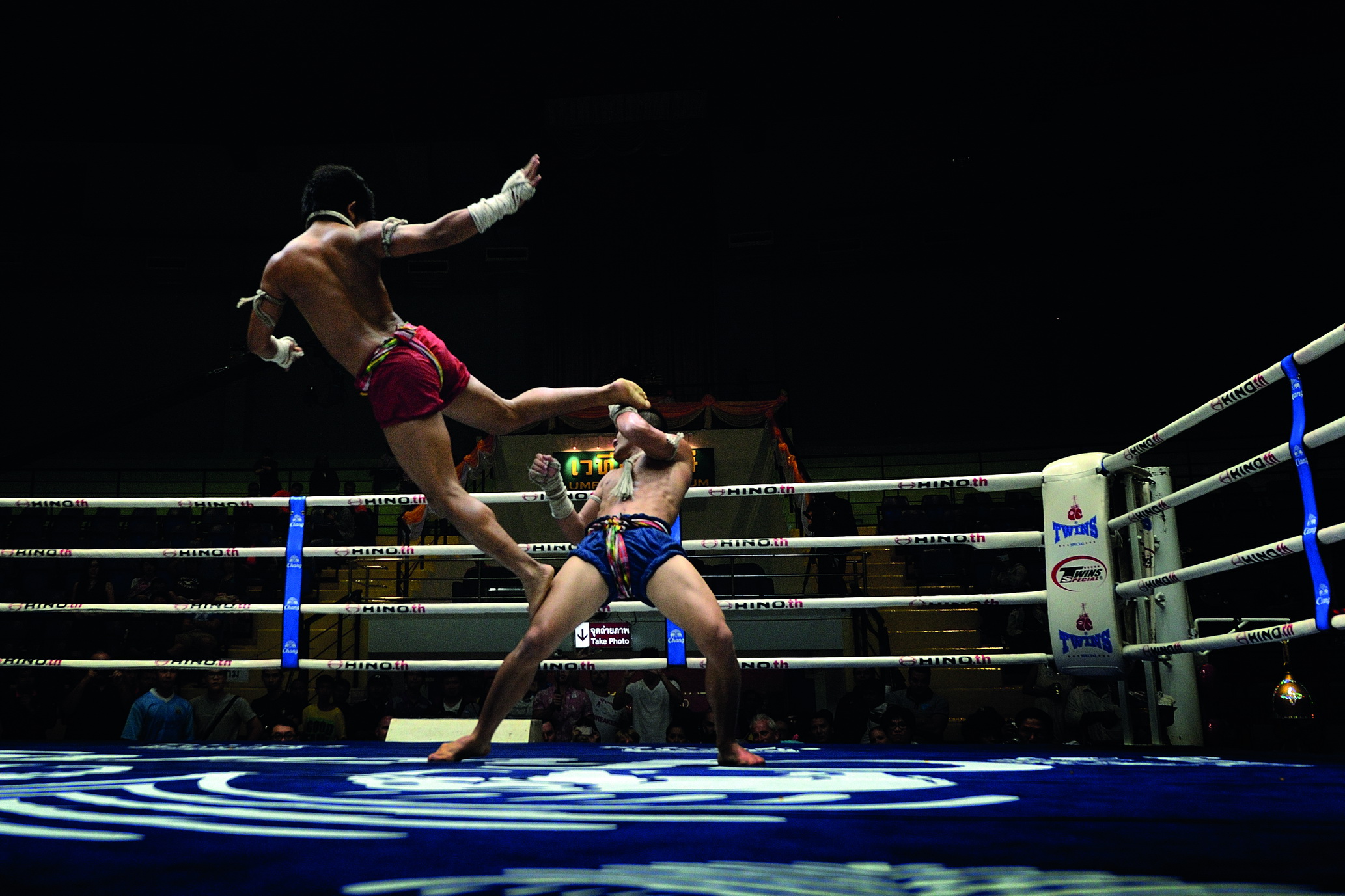In an event that has sent shockwaves through the cycling community, a recent race in Valencia, Spain, has highlighted the persistent issue of doping in amateur cycling. The Interclub Vinalopó race, a well-regarded event in the Alicante region, was marred by controversy when an unprecedented number of participants chose to abandon the race upon learning of the presence of anti-doping authorities at the finish line.
Out of 182 riders, a staggering 130 opted not to complete the race. This mass exodus was not due to the challenging nature of the course or adverse weather conditions, but rather the avoidance of potential anti-doping tests. The scale of the withdrawals is both alarming and indicative of a deeper, more systemic problem within the sport at the amateur level.
Anonymous sources, as reported by the Spanish cycling website Ciclo21, have expressed their frustration and concern over what appears to be a widespread issue. The presence of anti-doping authorities, it seems, has become a signal for certain riders to exit stage left, so to speak. This pattern of behavior raises questions not only about the extent of doping among amateur cyclists but also about the effectiveness of current testing protocols.
Álvaro Marzà, a prominent figure in the local racing scene and a vocal critic of the situation, took to social media to express his dismay. His comments underscore the cynicism and resignation felt by many within the community. “Anti-doping control in Villena = punctures and abandons. It is not a complicated mathematical formula, but it is the harsh reality,” Marzà stated. His commitment to transparency and fairness is commendable, especially in an environment that often seems to encourage the opposite.
The organizers of the Interclub Vinalopó race have publicly declared their commitment to clean cycling, emphasizing the importance of integrity and health within the sport. Their stance is a beacon of hope in the fight against doping, demonstrating a willingness to confront the issue head-on. However, their efforts alone are not enough. A collective action is required from all stakeholders, including governing bodies, race organizers, and the cyclists themselves, to eradicate the scourge of doping from amateur cycling.
The incident in Valencia is a stark reminder of the challenges facing the sport. It serves as a call to action for everyone involved in cycling to recommit to the principles of fair play and competition. Only through sustained effort and cooperation can the cycling community hope to overcome the shadow of doping and restore trust in the sport.
Related posts:
130 of 182 Riders Left the Race as Anti-Doping Authorities Showed Up
130 completely innocent amateur riders abandon race with anti
Anti-doping showed up at an amateur race in Valencia, 130 riders dropped out





